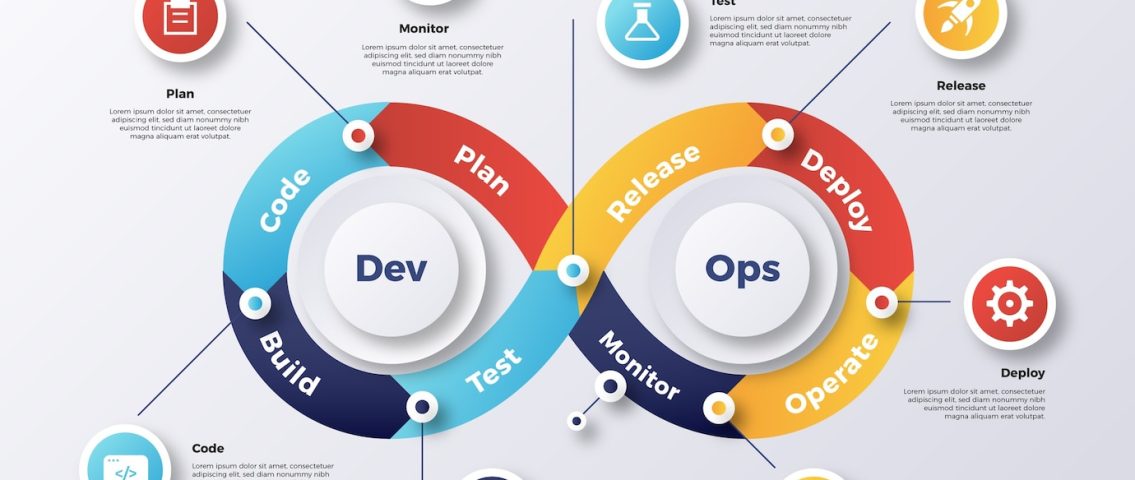Best DevOps Services Every Engineering Team Should Consider

Audio : Listen to This Blog.
For engineering teams willing to grow their teams and increase deployment frequency, choosing the right DevOps services is significant. In this blog, we will explore the best services that are transforming engineering teams to build scalable and secure delivery pipelines.
7 Best DevOps Services For Evolving Engineering Teams
Here is the list of the top 8 services designed to help teams stay flexible, deployment-ready, and agile. From CI/CD and version control systems to monitoring and logging tools, these services aren’t just trends — they are the foundation of scalable and reliable software. If your DevOps team is evolving, these are the services you should consider.
Continuous Integration/Continuous Deployment (CI/CD)
CI/CD is a significant feature of modern DevOps practices, automating the integration and delivery of code. It enables the team to test and release applications faster than before. CI detects errors and also enhances the quality of the code. However, CD allows the code to get into a deployable state constantly for every small change. Here are several renowned CI/CD tools mentioned. Let’s discuss them one by one:
-
GitHub Actions
A powerful CI/CD platform or tool built into GitHub, which enables developers to automate software development workflows. GitHub Actions allows users to build, test, and deploy software applications directly from GitHub. Additionally, it also supports matrix builds and native integration with GitHub repositories.
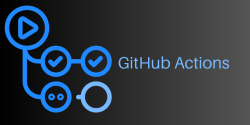
-
Jenkins
Jenkins is a prominent and open-source automation server and a widely used CI/CD platform. It is used for the automation of software development, such as building, testing, and deploying, enabling streamlined CI/CD workflows. Furthermore, this CI/CD tool supports several version control tools like CVS, Subversion, AccuRev, Git, RTC, Mercurial, ClearCase, and Perforce.

-
Circle CI
CircleCI is another CI/CD platform that seamlessly implements DevOps practices. This CI/CD platform provides both self-hosted and cloud solutions. It also automates the software development process to assist development teams in releasing code efficiently.
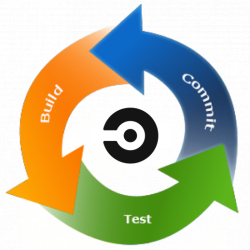 Several DevOps consulting companies identify these tools as a significant component for development teams willing to implement CI/CD pipelines.
Several DevOps consulting companies identify these tools as a significant component for development teams willing to implement CI/CD pipelines.
Version Control Systems
Version Control Systems(VCS) is a DevOps service tool that easily identifies and manages changes to files or even sets of files. It collaborates, maintains changes, and reverts to previous versions. With VCS, you and your development team can work on the same project simultaneously, concurrently, and without any conflict.
-
GitHub
GitHub is a Git-based developer platform that offers collaborative features like pull requests, issue tracking, and project boards. With the help of GitHub, developers can conveniently create, store, share, and manage software code. In addition, it also supports both public and private repositories.
-
GitLab
GitLab is an open-source code repository platform or tool used for both DevOps and DevSecOps projects. Users can use it both as a commercial and a community edition. It brings all the development, security, and operations capabilities into one single platform with a unified data storage.
Infrastructure as Code (IaC)
Infrastructure as Code (IAC) is used to create environments mainly for infrastructure automation. It is a process of managing, provisioning, and supporting IT infrastructure using code rather than manual processes and settings. IAC also easily builds, tests, and deploys software applications.
-
Terraform
Terraform is one of the prominent and open-source IaC tools that is used to define and provision infrastructure with human-readable configuration files. It also uses various providers to interact with private clouds along with several cloud platforms, including Google Cloud, AWS, and Microsoft Azure.
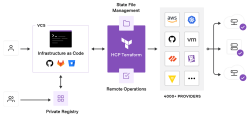
-
AWS CloudFormation
AWS CloudFormation is a service offered by AWS that allows users to define and manage infrastructure resources in an automated way. It uses templates, which are mainly IaC, to define the desired state of AWS resources. Moreover, it creates and manages stacks, which are essentially collections of AWS resources.
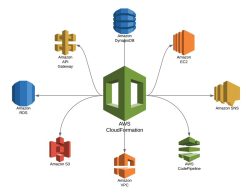
Configuration Management
Configuration Management is a process of maintaining both software and hardware systems in a desired state. It also ensures that systems perform consistently, reliably, and meet their desired purpose over time. Furthermore, it restricts troubleshooting and costly rework to save resources as well as time.
-
Puppet
Puppet is a popular configuration management tool that is best for managing the stages of the IT infrastructure. It enables administrators to define the ideal state of their infrastructure. Also, this tool assures that systems are configured to match the desired state.
-
Chef
Chef is another configuration management tool that integrates with various cloud-based platforms such as Google Cloud, Oracle Cloud, IBM Cloud, Microsoft Azure, and so on. Also, this tool seamlessly converts infrastructure to code.
Cloud Infrastructure Management
Cloud Infrastructure Management conveniently allocates, delivers, and manages cloud computing resources. It allows businesses to scale their cloud resources up or down to meet their organization’s needs. Additionally, it also uses code to define and manage cloud infrastructure, which later enables automation and consistency.
-
AWS
Amazon Web Services (AWS) is one of the most prominent cloud platforms which can be accessed by individuals, companies, and governments. It offers various cloud services like compute, storage, analytics, databases, networking, and so on.
-
Google Cloud
Google Cloud is another cloud platform offered by Google that enables both individuals and businesses to run applications, store data, and seamlessly manage workloads. It also provides environments like serverless computing, infrastructure as a service, and platform as a service.
Containerization
Containerization is an application-level virtualization, allowing software applications to run in isolated user spaces, which are called containers in both cloud and non-cloud environments. It is generally lightweight and needs very few resources as compared to virtual machines.
-
Docker
Docker is an open-source platform that allows developers to deliver software in packages, which are called containers. Moreover, it helps developers to build lightweight and portable containers across various environments.
Orchestration
Orchestration tools are a well-known orchestration tool that easily coordinates and manages several automated tasks and workflows across various applications. It minimizes human error and manual intervention by seamlessly automating workflows. Also, it is ideal for growing businesses, as it can easily handle large-scale operations.
-
Kubernetes
Kubernetes is an open-source orchestration tool that is specially designed to automate the software deployment, scaling, and management of applications. This tool allocates resources to containers based on their needs, to ensure that all the containers have the resources they require to run.
Wrapping Up
Engineering teams who are willing to deliver software fast and safely should choose the right DevOps services. From streamlining CI/CD tools and managing infrastructure as code to orchestration and cloud infrastructure management, these tools play a significant role in software delivery practices. Apart from these services, there are several other services also that are mentioned in this blog, which allow teams to maintain operational resilience, enhance collaboration, and automate processes.
